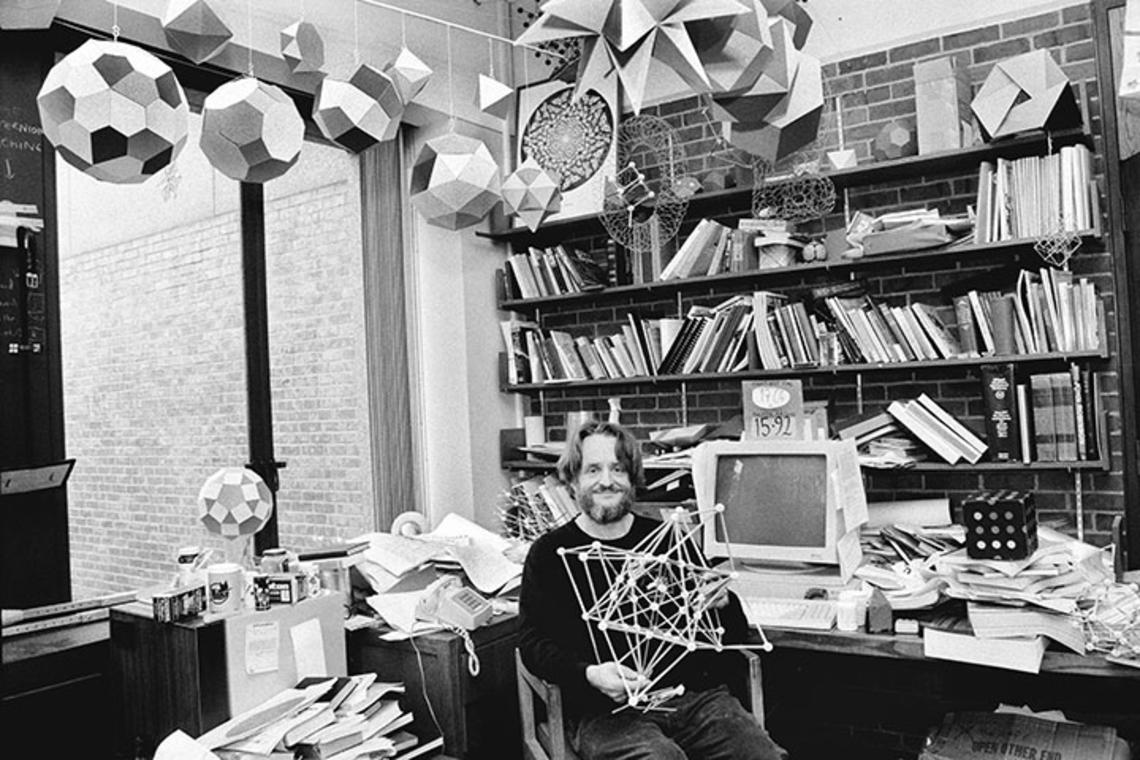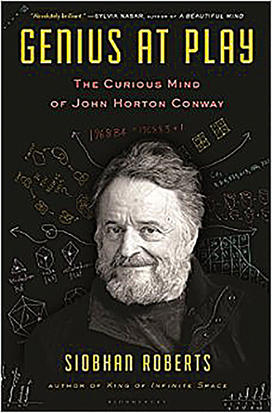
Famed mathematician John Conway, who began teaching at Princeton in 1987 and now is a professor emeritus, had no intention of allowing Siobhan Roberts to write a book about his life. But his ego — he says “Modesty is my only vice. If I weren’t so modest, I’d be perfect” — led to a change of heart. After conducting numerous interviews with Conway and shadowing him at conferences and workshops around the world, Roberts wrote Genius at Play, a biography about his mathematical discoveries and idiosyncratic lifestyle.
Conway, 78, is a towering figure in mathematics, responsible for discovering surreal numbers and inventing the cult favorite Game of Life. He has won numerous awards, including the London Mathematical Society’s Pólya Prize and the Frederic Esser Nemmers Prize in Mathematics. His nomination to The Royal Society described him as “a versatile mathematician who combines a deep combinatorial insight with algebraic virtuosity.”

Roberts captures Conway’s many personality quirks — he doesn’t pick up the phone unless he is expecting a call, for example — and his extroversion, which he apparently honed after being “a terribly introverted teenager,” she writes.
Conway was mathematically gifted from childhood, reciting the powers of 2 from age 4. He was cheeky to professors and did little work as an undergraduate at the University of Cambridge, relying on “intellectual charm” to continue as a graduate student there, according to Roberts. Nevertheless, Conway spent many years at Cambridge as a professor, working on mathematics “endlessly and everywhere,” she writes.
Mathematics is Conway’s haven from worldly problems — it once helped him escape a terrible toothache, he recounts. When he began his mathematics lecture, the pain was “gone! It’s the analgesic power of thinking hard,” he says in the book.
Despite his mathematical prowess, Conway does not believe he or anyone is born with particularly unusual abilities. Given the right environment, he says, anybody can be pretty good at anything — including mathematics.










0 Responses